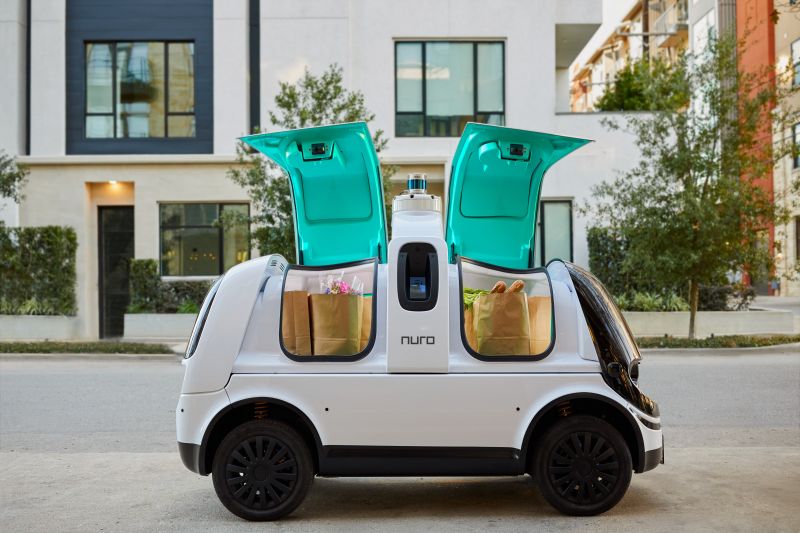
Urban logistics has become an issue of significant importance over the last decade, driven by the on-demand economy, urban population growth and the growing share of e-commerce.
Companies, especially those specialising in last mile delivery, have recently come under fire. While finding the right balance between maintaining optimal service during the Covid-19 crisis and protecting their workers and contractors is far from easy, people were quick to denounce practices deemed unfair and dangerous (Amazon not offering paid sick leave, Instacart not providing protective and cleaning suppliers…)
The last mile delivery market is undergoing a major shift, with innovative solutions transforming the way goods and parcels are delivered. Whether it involves drones or ground-based robots, autonomous delivery raises a series of questions that go beyond technology and price: how ready are cities to accept autonomous robots? What does this imply in terms of infrastructure? How can we ensure the safe movement of goods and people, and who is responsible? What would be the effect on employment?
2 Key Figures
35 autonomous last mile delivery startups
listed worldwide (founded after 2005)
Out of 137 last mile delivery startups, 26 of the 35 autonomous last mile ones are specialized in drones (Unmanned Aerial Vehicles).
Market size expected to reach $75.6bn by 2030
According to Allied Market Research, the autonomous last mile delivery market is poised to grow up to a $75.6bn business by 2030.
3 startups to draw inspiration from
This week, we identified three startups that we can draw inspiration from: Matternet, Starship, Flytrex.
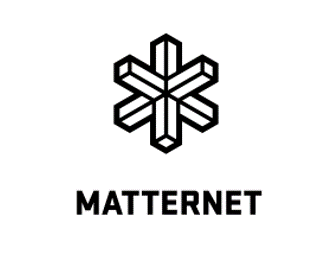
Matternet
This US company sells an integrated solution (drone, software and docking platform) to deliver packages up to 2kg within a 20km radius. The company is authorized to fly over Swiss cities and focuses on health deliveries.
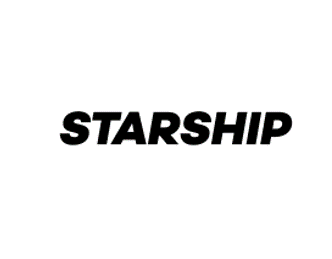
Starship
Designs autonomous robots able to navigate by themselves in city centers and deliver packages within a 6km radius. The company has raised $80 M.
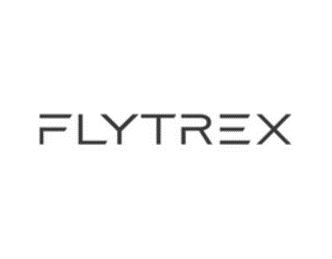
Flytrex
This israeli company is specialized in autonomous drones for Food and small retail deliveries. The company also operates in Iceland and in a private estate in North Dakota.
123Fab #2
1 topic, 2 key figures, 3 startups to draw inspiration from
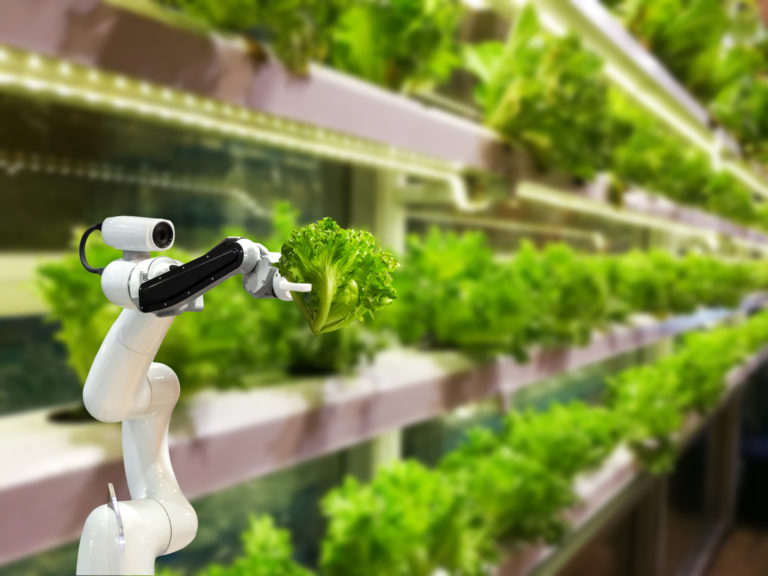
Country lockdowns should be seen as an opportunity to rethink industrial autonomy, especially in such fundamental sectors as agriculture. If feeding a world population that is expected to reach 9 billion people by 2050 is already a huge challenge — according to the FAO we need to increase our growing capacity by 70 percent — it is an even greater challenge in these times of closed borders.
Over the past 15 years, we have witnessed the development of new methods to grow food in unlikely places, without soil or sunlight: hydroponics (plants submerged in liquid solutions containing macro-nutrients), aquaponics (a combination of aquaculture and hydroponics) and aeroponics (plants are grown in an air or mist environment). These urban and vertical farms are not owned by farmers but often by VC-backed tech entrepreneurs who have decided to take advantage of the maturity of crucial technologies such as: LED lighting, computer vision for crop analysis and disease identification and automation & robotics.
As local agriculture has become an integral part of urban life, vertical and urban farms have shown unparalleled performance in terms of water savings (up to 95% less than traditional agriculture) and yield per square meter. However, the substantial initial costs, energy consumption and price per square meter maintain a veil of uncertainty about its sustainability. Japan was the first country to vastly adopt this technology in 2010, yet 60% of its 200 vertical farms are still operating at a loss.
But don’t be mistaken. Vertical and urban farming isn’t here to replace traditional farms — but to complement traditional agriculture by creating artifical arable land. In a context of diminshing returns and soil depletion, vertical and urban farming can relieve some of the stress of conventional farming by growing the most basic crops off the ground.
2 Key Figures
200 vertical and urban farming startups
listed worldwide (founded after 2004)
Today, most of the AgTech startups are building their own technology to increase the optimal use of vertical space, balance the use of energy and ease the monitoring and harvesting of crops.
Market size expected to reach $5.8bn by 2022
Markets & Markets estimates the industry to be worth $5.8 billion by 2022, with a 24.8% CAGR from 2019 onwards. Yet, the dynamic market represents a small share of the farming industry: $3bn vs $104bn for the US market in 2024.
3 startups to draw inspiration from
This week, we identified three startups that we can draw inspiration from: AeroFarms, Agrilution and Illumitex.
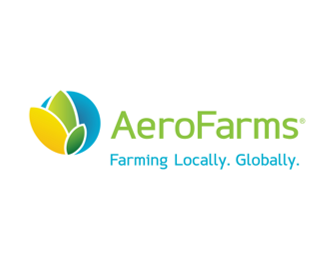
AeroFarms
The 15-year old US startup is one of the pioneers in indoor farming. To date, AeroFarms has raised $240M in capital and runs a 2,800 square meter farm in New Jersey.
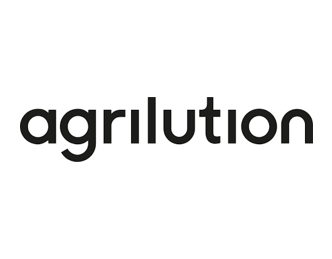
Agrilution
The German startup was among the first to focus on high-end B2C vertical farming. The startup was recently acquired by Miele (leading manufacturer of premium domestic appliances).
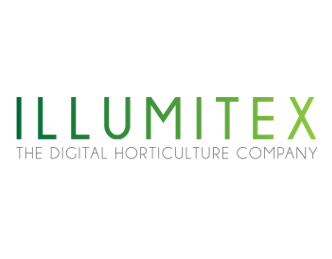
Illumitex
The US startup used to specialize in LED lights for indoor and vertical farming. Recently, Illumitex shifted its focus to provide visualization and AI for controlled environment agriculture.
123Fab #1
1 topic, 2 key figures, 3 startups to draw inspiration from
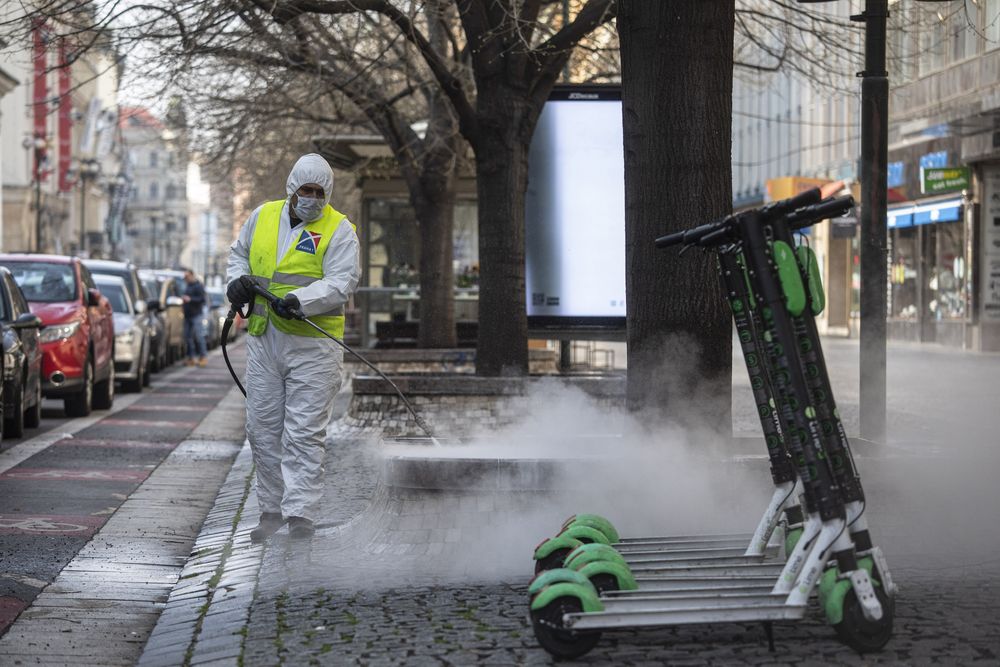
Country lockdowns and the wave of disinfection should not only be seen as a factor of economic slowdown but as an opportunity to adopt new habits.
The shift from ownership to access is a widely spread societal change that we strongly believe in — especially in the area of transportation. This new paradigm has fuelled the growth and success of many companies namely in the sharing economy and has become popular across all kinds of assets: houses (Airbnb), boats (Click & Boat), construction machinery (Tracktor) and much more.
The Covid-19 pandemic calls into question the health and safety standards that prevail today for these usages:
- While you can trust someone to take care of your car for a few days and not crash it into a wall, can you trust them to wash their hands before getting behind the wheel? Or to sneeze into their elbow?
- How reluctant would you be to rent a car on GetAround or Virtuo if you were clearly shown the concentration of bacteria on the steering wheel and gear stick?
At the end of the day, it’s not much different from taking the subway or the train, although our hygiene standards are much lower.
2 Key Figures
50 diinfection startups
listed worlwide (founded after 2010)
Today, the vast (bio)decontamination market is mainly focused on the health care and food industry verticals but it is beginning to spread to other ones, including the transportation sector.
Market size expected to reach $175 million by 2024
Markets & Markets estimates the industry to be worth $175 million by 2024, with a 6.1% CAGR from 2019. The relatively dynamic market is namely driven by technological advancements on the active ingredients (bio or not) and spraying technics.
3 startups to draw inspiration from
This week, we identified three startups that we can draw inspiration from: Devea, Lidit, and Kinnos.
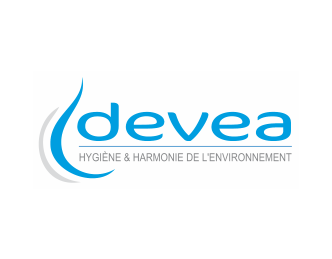
Devea
Sells an airborne surface disinfection system which uses centrifugation to produce an extremely fine fog (microdroplets technology).

Lidit
Sells an airborne surface disinfection system which uses a cold biocide nebulization technology.

Kinnos
Sells a color additive for disinfectants designed to ensure full coverage and to minimize over-coverage and missed sprayed targets.

